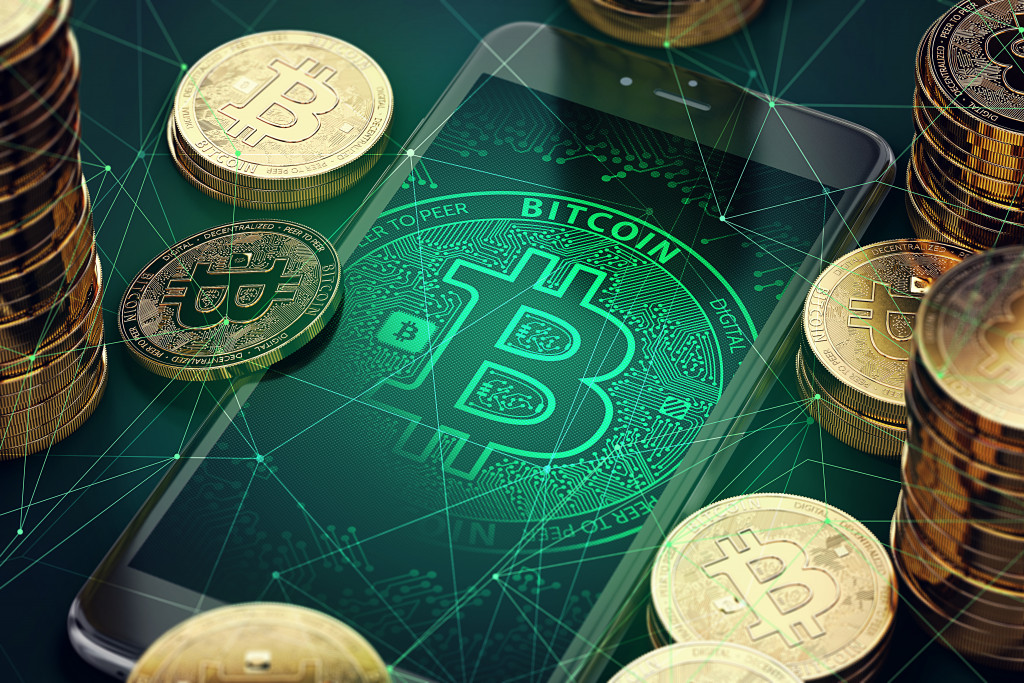Healthcare is an essential industry, especially in the US. Millions of Americans use healthcare services every year, and many more demand it. Healthcare is necessary for the US to thrive, but the industry has struggled to find its identity over the past few years.
Currently, there are some struggles in giving healthcare services to those far away from urban cities. The sector is struggling to find new ways to pay for its services. Furthermore, the industry is also working to keep client information secure and away from the public’s prying eyes. These things combined have pushed healthcare systems to find a desperate solution to these problems.
This pushed the industry to look into blockchain and cryptocurrency as a solution. Both have been dominating other industries for quite some time now, and it seems like it’s time for the healthcare system to adopt these systems.
Slow Digital Transformation
Among all the industries in the world, healthcare is usually the one that lags in digital innovations. As a result, it’s weary and paranoid that digital transformation would affect the very foundation of the system it has built throughout the years.
Recent surveys have found that more than 30% of small to medium-sized businesses in the US accept cryptocurrency as a form of payment. Furthermore, these businesses have also purchased cryptocurrency for their use. Many companies are adopting such a currency in the economy, and maybe it’s time for the healthcare industry to join.
Crypto as a Healthcare Payment Option
As stated earlier, healthcare systems struggle to give payment options to those who live far away from urban areas. Furthermore, they are struggling to make online payments to be secure. All of these things can be solved through cryptocurrency, and it has the chance of making hospital bills a lot cheaper.
Cryptocurrency is slowly becoming the dominant currency that’s circulating on the internet. Millions of people worldwide are using the currency to pay for their bills and even purchase tickets. Some are even using it to buy their favorite Starbucks coffee. It’s a reliable payment option, and it can be accessed almost anywhere, given that you have an internet connection.
Adding cryptocurrency as a payment option can certainly help increase the security of online payments. It can also be a robust payment option for those who live far away from the hospital. Interestingly enough, some dentist offices are already accepting cryptocurrencies as a form of payment. Moreover, the dental industry is planning to develop its own cryptocurrency for a more secure payment option.
It seems that healthcare providers should consider cryptocurrency as a payment option for their clients. They can pay almost anywhere while using a more secure line than other payment options that exist right now.
Blockchain to Monitor Patient Records

Data breaches are becoming all-too-common in the US. Unfortunately, one particular sector that seems to be vulnerable to such attacks is the healthcare sector.
Recently, it’s reported that about 422 million medical records are exposed online. Researcher Jeremiah Fowler has found that these medical records are being stored in a database that’s not all that secure. These medical records include private records that have people’s illnesses, treatments, and medications, which all be problematic once released to the public.
Further analysis has found that about 21 million of these records have already been exposed to the public. It’s possible that these records are currently being sold on the dark web for the highest bidder.
Exposed medical records can be one of the most problematic pieces of information that can be distributed to the public. It can leave people’s lives exposed to blackmail and coercion. The healthcare system should adopt blockchain technology into its ecosystem to secure these medical records.
Blockchain tech has decentralized digital information and distributed it to various virtual data centers for safekeeping. These data centers then monitor who can access these files, and it also takes note when the files are accessed. As a result, it makes it nigh impossible to hack without hackers exposing their identities.
Struggles With Adopting These Technologies
The healthcare sector is slowly adopting these technologies into its system. However, there are still some problems that hinder the entire sector from making the digital transformation:
- The cost of blockchain implementation
- The unreliability of cryptocurrency
- Veteran medical practitioners struggling to understand these concepts
- Political agendas that aim to control cryptocurrency and information being circulated on the internet
These problems make it hard for the healthcare system to accept both blockchain and cryptocurrency as part of the sector. However, experts believe that it will only be a matter of time before it does.

